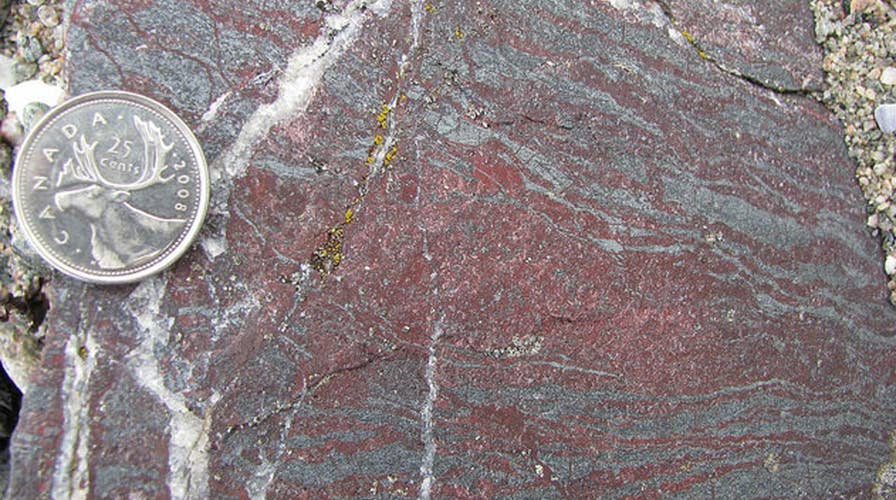Scientists claim to discover oldest fossils on Earth
International research team, led by University College London, claims to have discovered oldest fossils ever found on earth, dating some 3.77 billion years
Scientists have discovered tiny fossils that are thinner than a human hair and are an astounding 3.7 billion years old, making them the oldest known fossils on Earth, University College London announced on Wednesday. They could even be as old as 4.2 billion years.
The fossils were likely created by bacteria that lived near hydrothermal vents and consumed iron. Those ancient critters lived an incredible 3.8 to 4.3 billion years ago.
“Our discovery supports the idea that life emerged from hot, seafloor vents shortly after planet Earth formed,” Matthew Dodd, a PhD student at the University College London and the first author of a new study about the fossils, said in a statement. “This speedy appearance of life on Earth fits with other evidence of recently discovered 3,700 million year old sedimentary mounds that were shaped by microorganisms.”
MICROBES IN GLITTERING CRYSTAL CAVE REVIVED AFTER 10,000 YEARS
The scientists found the fossils in a part of Quebec, Canada, known for having ancient sedimentary rock. The little fossils are much older than their closest competitors.
“The microfossils we discovered are about 300 million years older than the previously thought oldest microfossils,” Dominic Papineau, a lecturer at University College London and the study’s lead researcher, said in a video announcing the find. “So there are within a few hundred million years from the accretion of the solar system.”
In the statement, Papineau described these tiny fossils— they’re less than a millimeter long— as “direct evidence of one of Earth’s oldest life forms.”
Planet Earth itself is believed to be 4.5 billion years old.
'WIND JEWEL': ARCHAEOLOGISTS FIND INCREDIBLE MAYAN JADE PENDANT
One of the most exciting ramifications of the find is that since it shows that life began on Earth so long ago, perhaps the same thing could have happened in other places in our solar system— like Mars.
“These discoveries demonstrate life developed on Earth at a time when Mars and Earth had liquid water at their surfaces, posing exciting questions for extra-terrestrial life,” Dodd said, in the statement. “Therefore, we expect to find evidence for past life on Mars 4,000 million years ago, or if not, Earth may have been a special exception.”
The discovery was reported in a study published online Wednesday in the journal Nature.





















